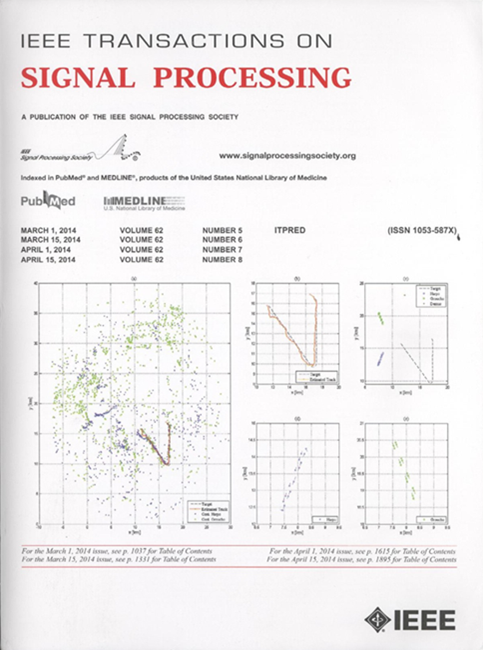SAOFTRL: A Novel Adaptive Algorithmic Framework for Enhancing Online Portfolio Selection
IF 4.6
2区 工程技术
Q1 ENGINEERING, ELECTRICAL & ELECTRONIC
引用次数: 0
Abstract
Strongly Adaptive meta-algorithms (SA-meta) are popular in online portfolio selection due to their resilience in adversarial environments and adaptability to market changes. However, their application is often limited by high variance in errors, stemming from calculations over small intervals with limited observations. To address this limitation, we introduce the Strongly Adaptive Optimistic Follow-the-Regularized-Leader (SAOFTRL), an advanced framework that integrates the Optimistic Follow-the-Regularized-Leader (OFTRL) strategy into SA-meta algorithms to stabilize performance. SAOFTRL is distinguished by its novel regret bound, which provides a theoretical guarantee of worst-case performance in challenging scenarios. Additionally, we reimagine SAOFTRL within a mean-variance portfolio (MVP) framework, enhanced with shrinkage estimators and adaptive rolling windows, thereby ensuring reliable average-case performance. For practical deployment, we present an efficient SAOFTRL implementation utilizing the Successive Convex Approximation (SCA) method. Empirical evaluations demonstrate SAOFTRL's superior performance and expedited convergence when compared to existing benchmarks, confirming its effectiveness and efficiency in dynamic market conditions.SAOFTRL:增强在线投资组合选择的新型自适应算法框架
强适应元算法(SA-meta)因其在对抗性环境中的弹性和对市场变化的适应性,在在线投资组合选择中很受欢迎。然而,它们的应用往往受到高误差方差的限制,而高误差方差是在观察有限的小区间内进行计算时产生的。为了解决这一局限性,我们引入了强适应性优化跟随-规则化-领导者(SAOFTRL),这是一种先进的框架,它将优化跟随-规则化-领导者(OFTRL)策略集成到 SA-meta 算法中,以稳定性能。SAOFTRL 的独特之处在于其新颖的遗憾约束,它为挑战性场景中的最坏情况性能提供了理论保证。此外,我们在均值-方差组合(MVP)框架内重新设想了 SAOFTRL,并用收缩估计器和自适应滚动窗口进行了增强,从而确保了可靠的平均性能。在实际部署中,我们利用后继凸近似法(SCA)提出了一种高效的 SAOFTRL 实现方法。实证评估表明,与现有基准相比,SAOFTRL 性能优越,收敛速度快,证实了其在动态市场条件下的有效性和效率。
本文章由计算机程序翻译,如有差异,请以英文原文为准。
求助全文
约1分钟内获得全文
求助全文
来源期刊

IEEE Transactions on Signal Processing
工程技术-工程:电子与电气
CiteScore
11.20
自引率
9.30%
发文量
310
审稿时长
3.0 months
期刊介绍:
The IEEE Transactions on Signal Processing covers novel theory, algorithms, performance analyses and applications of techniques for the processing, understanding, learning, retrieval, mining, and extraction of information from signals. The term “signal” includes, among others, audio, video, speech, image, communication, geophysical, sonar, radar, medical and musical signals. Examples of topics of interest include, but are not limited to, information processing and the theory and application of filtering, coding, transmitting, estimating, detecting, analyzing, recognizing, synthesizing, recording, and reproducing signals.
 求助内容:
求助内容: 应助结果提醒方式:
应助结果提醒方式:


